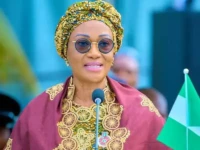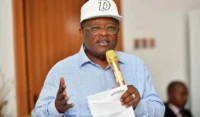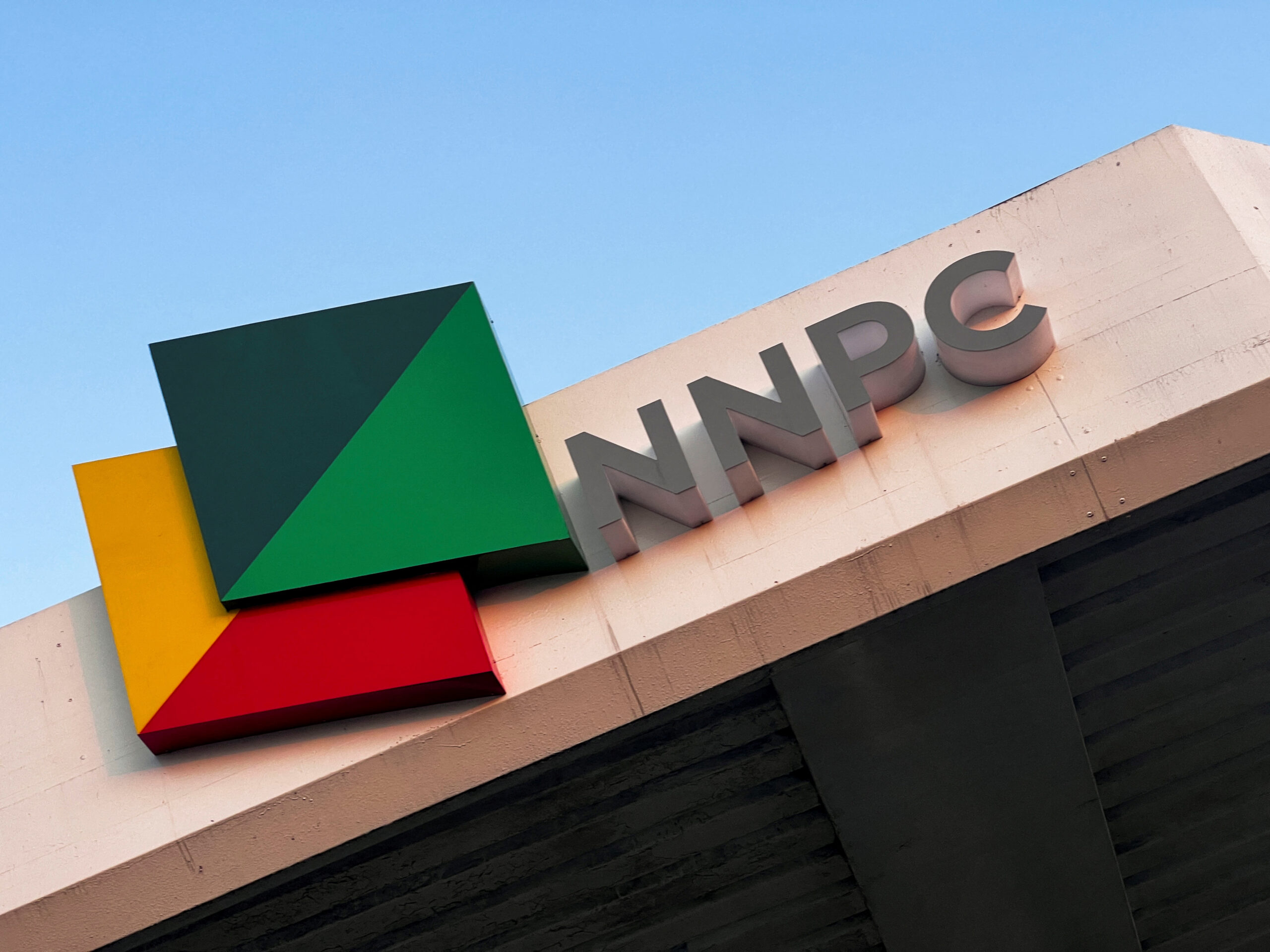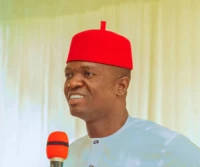Roger Norrington, the esteemed British conductor renowned for his pioneering historically informed performances, passed away on July 18, 2025, at the age of 91. He died at his residence near Exeter, England. Norrington’s innovative approach to classical music, particularly his interpretations of Beethoven using period instruments, left an indelible mark on the world of orchestral performance.
Born on March 16, 1934, in Oxford, England, Norrington was the son of Arthur, president of Trinity College, Oxford, and Edith Carver. His early musical education included studies at The Royal Conservatory of Music in Toronto, the Royal College of Music in London under conductor Adrian Boult, and Cambridge University. His formative years as a violinist and boy soprano laid the foundation for his future in conducting.
In 1962, Norrington founded the Schütz Choir, initially dedicated to the works of Heinrich Schütz. He later served as music director for Kent Opera (1969–1984), the Bournemouth Sinfonietta (1985–1989), and New York’s Orchestra of St. Luke’s (1990–1994). His tenure as principal conductor of Camerata Salzburg (1997–2006), the Stuttgart Radio Symphony Orchestra (1998–2011), and the Zurich Chamber Orchestra (2011–2016) further solidified his reputation as a leading figure in the classical music community.
Norrington was a trailblazer in the historically informed performance movement, advocating for the use of period instruments and techniques to achieve authentic interpretations of classical works. He was particularly celebrated for his recordings of Beethoven’s symphonies with The London Classical Players, which were noted for their clarity and energy. His approach often involved playing without vibrato and at faster tempos than those traditionally used in modern performances.
Throughout his illustrious career, Norrington received numerous accolades, including a Grammy Award in 2001 for a recording of Nicholas Maw’s Vi … In 1997, he was knighted for his contributions to music. He retired in 2021 after conducting an all-Haydn concert with the Royal Northern Sinfonia, expressing his gratitude for over five decades of musical collaboration.
Norrington is survived by his son, Tom, and two children from his first … . His legacy continues to influence and inspire musicians and audiences worldwide, reflecting his profound impact on the evolution of classical music performance.












Wow, Norrington really left a mark on classical music! Do you think his approach to Beethoven was groundbreaking or overrated?
Wow, Norrington revolutionized Beethoven performances! But, does historical accuracy enhance or hinder classical music experiences? Lets discuss!
Wow, Norrington really shook up the classical music scene! His passion for period instruments was revolutionary. Rest in music, maestro.
Wow, Norringtons Beethoven performances were groundbreaking! Who will carry on his legacy now? Such a loss.
Wow, Norrington really pushed boundaries! But did his commitment to historical accuracy enhance or detract from the emotional impact of Beethovens music?
Wow, Norringtons legacy lives on through his groundbreaking performances. Who will carry the torch now? Lets discuss!
Wow, Norringtons impact on Beethoven performances was massive! But do you think period instruments truly enhance the music?
Wow, Norrington truly revolutionized Beethoven performances! But do you think period instruments really make a significant difference in classical music?
Wow, Norrington truly revolutionized Beethoven performances! But do you think period instruments add authenticity or detract from the musics emotional impact?